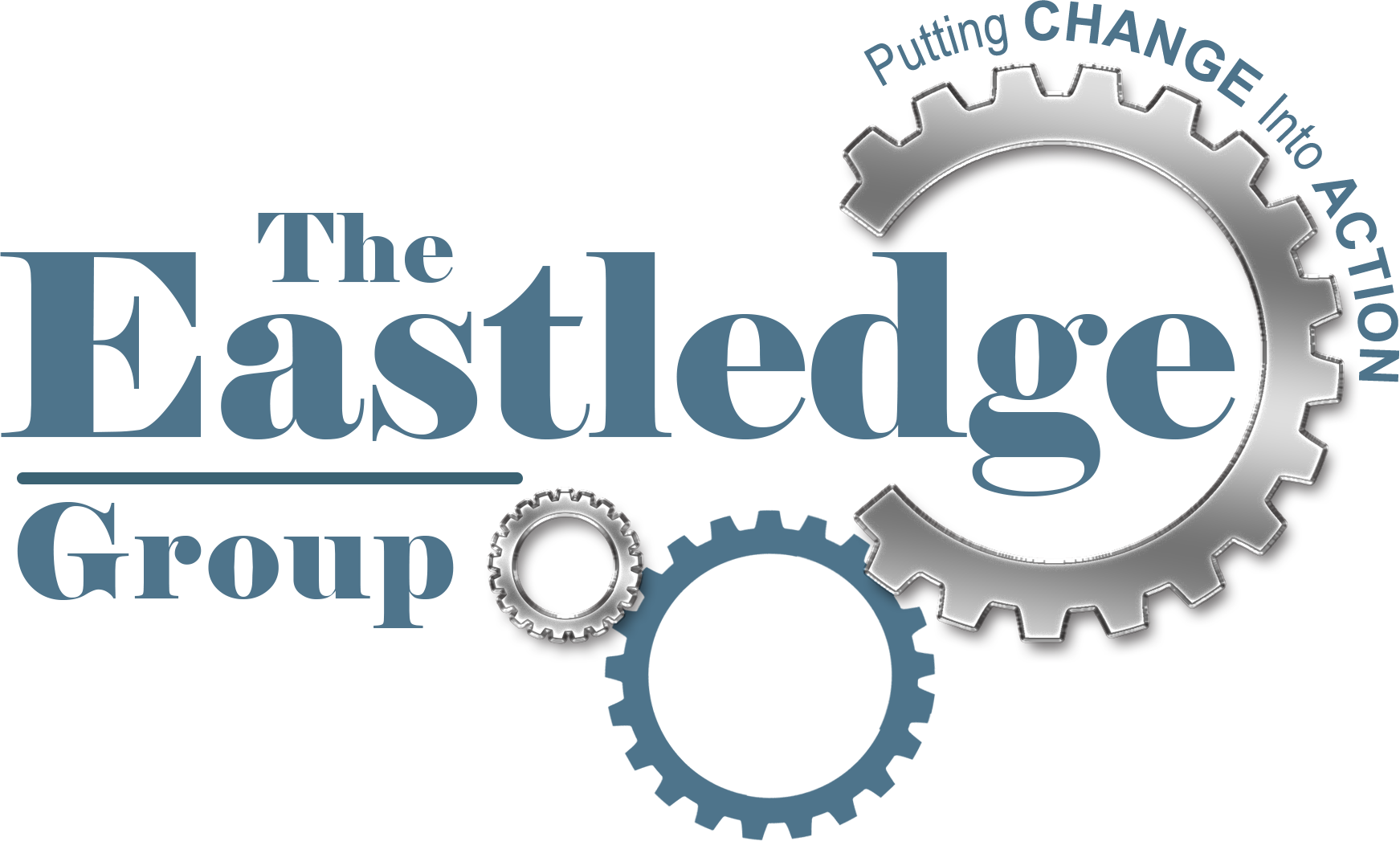Cultural Intelligence – A Game-Changer for Diversity & Inclusion Professionals
As Diversity & Inclusion professionals (or HR professionals with D&I responsibility), we have witnessed the “highs” and “lows” of mainstream support of diversity and inclusion programs in nearly every professional context (business, government, nonprofit, education, etc.). This is true despite the myriad of studies that prove the bottom-line impact diversity has on business. So exactly why do we continue to experience this “yo-yo” effect and struggle with achieving meaningful and sustained growth in diversity throughout every profession? Perhaps it has something to do with our overall lack of cultural intelligence. Cultural Intelligence (also known as the “cultural quotient” or CQ) refers to our ability to effectively manage multicultural situations. The concept was introduced in 2003 by Christopher Earley and Soon Ang in their book entitled “CQ-Developing Cultural Intelligence at Work.” Since then, the Cultural Intelligence Center, under the leadership of Dr. David Livermore, has become a leading research institute on the topic in North America.
According to Dr. Livermore, an individual’s CQ “is the multiplying force that predicts whether you experience positive or negative benefits from diversity.” In other words, people with high CQ operate and lead effectively in diverse environments, while their colleagues with low CQ struggle and find it difficult to work with and relate to culturally diverse team members. Now, let’s consider the impact of CQ, or lack of CQ, in a hypothetical work setting:
Tim, the Vice President of Operations at HelpMe Corporation calls a mandatory meeting with all of his sales managers. He explains how their recent product promotion has failed miserably and sales have suffered as a result. Tim informed his team the only way to quickly recover from this debacle is to refresh a previous product promotion. Tim asks for ideas on which promotion to move forward on. Several managers shout out their ideas and Tim jots them down on the whiteboard. Evelyn, the only female and African-American in the room, raises her hand, then shares her idea. Tim quickly dismisses her idea as “missing the mark” and continues to go around the room soliciting more ideas. When Dave blurts out an idea that mirrors the one Evelyn shared but is stated differently, Tim immediately congratulates him along with the other managers who all say “great idea” nearly in unison. Evelyn resigns from HelpMe two-weeks later.
So, what went wrong? HelpMe was shocked and even somewhat angry when Evelyn suddenly resigned as they had spent months and thousands of dollars recruiting their first African American female regional manager. She was a “rock star” and everyone said so. Evelyn seemed to get along with her male colleagues. She was on track for exceeding her annual sales quota and a 40% year-end bonus! After her exit interview, the HR Manager revealed that Evelyn felt ignored, under-appreciated and devalued by her manager and the Operations team.
Let’s examine this scenario from a diversity, inclusion and cultural intelligence framework to analyze what HelpMe missed:
HelpMe like most companies, had been working to recruit diverse leaders as it recognized the importance of diversity. They were proud of hiring Evelyn and had plans to further diversify Operations. All Managers attended mandatory Diversity Training and the company had made changes to policies and procedures to ensure inclusion was seen as a core value. Recently, leaders had been asked to attend Unconscious Bias training. Clearly, HelpMe was on the right track.
Now, it’s time for a quick refresher: Diversity refers to “who” we are; our gender, race, ethnicity, sexual orientation, disability, etc. Inclusion is about “how” we leverage diversity in the workplace. Cultural Intelligence goes beyond the labels that categorize people and the workplace programs designed to include them - to building skill sets from an intelligence-based approach to maximize performance in diverse settings. So given these distinctions, what did HelpMe miss? The CQ factor!
Diversity and inclusion programs are necessary, yet alone they may fail to bring out the best performance in individuals and thus organizations. Please note the key word is “alone” meaning diversity and inclusion programs are necessary but not enough. Why? Because without the requisite skills needed to interact and adapt effectively in diverse workplaces, individuals naturally default to their own cultural “norms” as, well…normal. This type of ethnocentrism can surprisingly occur immediately following a two-hour D&I training. In other words, they do what feels right to them and expect others to feel, act, and believe the same. However, with Cultural Intelligence training, which is based on four (4) skills or capabilities that center around motivation (CQ Drive), cognition (Knowledge), meta-cognition (Strategy), and behavior (Action), individuals experience performance enhanced skill-building that will enable them to interact with different cultures possessing a new level of engagement – understanding their beliefs, backgrounds and attitudes.
In the end, with CQ or cultural intelligence individuals and companies can acquire a crucial set of skills required for working effectively in a multicultural environment. In hindsight, HelpMe realized that CQ was the missing quotient and they committed to specifically gaining crucial knowledge about other cultures to enable it to understand and deal with situations competently and retain future stars like Evelyn.

